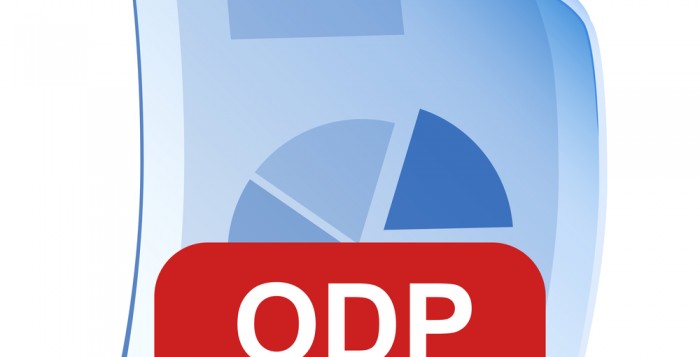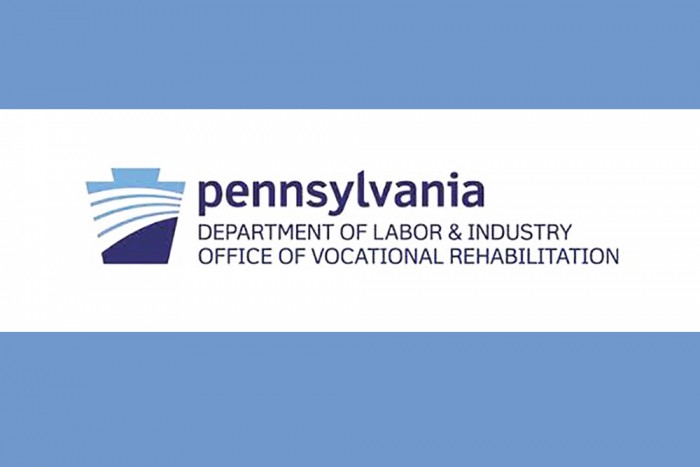From Penn State College of Medicine and ASERT
Dear Valued Participant:
You are receiving this communication because you or your group have been identified as someone who works in a health care setting, and we hope you will participate in and disseminate this survey. We are a combined research group representing a relationship between the Penn State College of Medicine and ASERT (Autism Services, Education, Resources, and Training). Through this survey, we hope to gain insight into the feasibility of developing a training/autism friendly certification program for medical staff and health care providers. The program would indicate to patients that staff within the health care setting are knowledgeable and supportive of people with autism. Your feedback is invaluable to us, and all responses will be kept confidential. Should you have any questions, please feel free to reach out. The survey should take approximately 5–10 minutes to complete. The deadline to complete the survey is January 10, 2025. View the flyer for more details. To take the survey, please use this link.

















